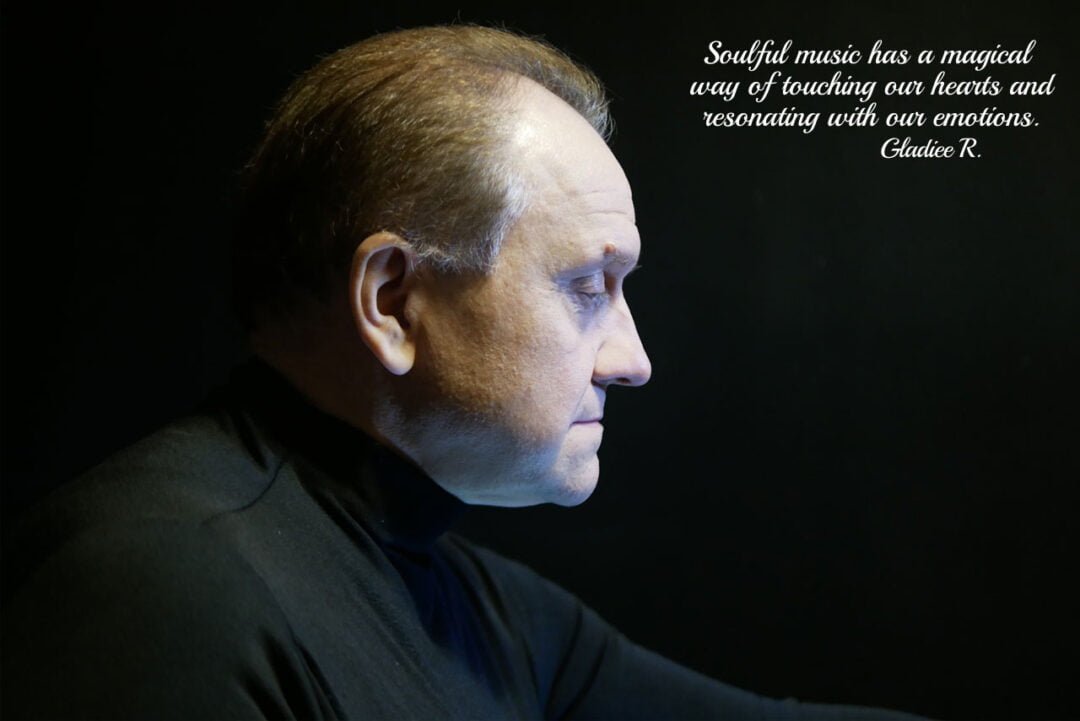MUSIC COMPOSITION
“MAKING MUSIC FOR MUSIC’S SAKE”
Somewhere in the world, right now, someone is writing a song that, perhaps years from now, will excite people to play it. You know those great songs you’ve wanted to play for so long? Somebody wrote them.
Once you learn to make music, you enter a world where you can bypass many of the world’s defenses, appealing directly to people’s thoughts and emotions. Music can bring tears, goosebumps, romantic feelings, or memories flooding into our lives. Conversely, it can trigger anger, depression, and even (so they say) madness.
A good music helps to produce new brain cells, while bad music can do the opposite. Poorly crafted music can degrade your intellectual ability and even lead to extreme actions or suicide. In the early 20th century, there was a “killer” song that played with people’s minds and reportedly triggered numerous suicides worldwide. That song was “Gloomy Sunday,” also known as the “Hungarian Suicide Song,” composed by Hungarian pianist Rezső Seress and lyricist László Jávor in 1933. The song gained a notorious reputation due to urban legends linking it to a series of suicides. Despite its dark reputation, “Gloomy Sunday” has been covered by many artists and remains a notable piece in music history. The song was banned on BBC for 66 years until 2002 due to its association with high suicide rates. Even Rezső Seress succumbed to his depression and jumped from his apartment building, ending his life just after his 69th birthday.
Scientists have tested the effects of music on people, animals, and plants. After years of study and research, they concluded that music has magical healing properties and is a powerful tool to tune up and develop new cells in our brains. It affects us all in unexplained ways. That’s why we become fans of a particular music band or a unique singer’s voice. Good music and melodies generate chemistry in our bodies, which is pleasing and beneficial to our brain cells. People who can play musical instruments are often smarter and more efficient because they spend a lot of time learning and mastering their instruments. They might not realize that the sound of specific intervals and notes they play can develop and improve their mental abilities.
One study found that Johann S. Bach’s music is the optimum to play to help plants grow faster. A related study found that the Beatles were the best pop group to stimulate brain cell production, although the results were only one-third of those of exposure to Johann S. Bach. Listening to Wolfgang A. Mozart’s music best stimulates the release of neurochemicals such as dopamine, which is associated with pleasure and reward, promoting motivation and positive mood, aiding in recovery. So you are in charge now.
The discovery that music can help grow and develop human brain cells results from cumulative research in neuroscience, psychology, and music therapy over several decades. Key contributions have come from various researchers and clinicians using different methodologies:
Neuroimaging and Electrophysiology Studies: Modern neuroimaging techniques like fMRI (functional Magnetic Resonance Imaging) and EEG (Electroencephalography) have allowed researchers to observe the brain’s response to music. Studies have shown increased activity and connectivity in various brain regions when subjects listen to or engage with music.
Animal Studies: Early research on animals provided insights into how auditory stimuli affect the brain. For instance, studies on rodents exposed to music showed changes in brain structure and increased production of neural growth factors, crucial for neurogenesis.
Clinical Observations and Case Studies: Music therapists and clinicians have long observed the benefits of music on patients with neurological conditions. These observations have driven more systematic research. For example, Dr. Oliver Sacks, a neurologist and author, documented numerous cases where music had profound therapeutic effects on patients with Parkinson’s disease, Alzheimer’s, and other neurological disorders.
Cognitive and Developmental Psychology: Research in developmental psychology has shown that musical training in children can lead to enhanced cognitive skills, such as better memory, attention, and language abilities. This has been supported by longitudinal studies tracking the brain development of children engaged in musical activities.
Pioneering Researchers and Studies:
Dr. Frances Rauscher and Dr. Gordon Shaw: Their work in the early 1990s on the “Mozart effect” suggested that listening to Mozart’s music could temporarily enhance spatial-temporal reasoning abilities, sparking interest in how music affects the brain.
Dr. Robert Zatorre: A neuroscientist whose research has focused on how musical training and listening affect brain structures and functions.
Dr. Gottfried Schlaug: His research has demonstrated that musicians have increased brain volume in areas related to motor control, auditory processing, and spatial coordination, and that musical training can induce structural brain changes even in adults.
Mechanistic Studies: Research exploring the mechanisms behind music’s effects on the brain has identified key factors such as the release of neurotransmitters (e.g., dopamine, serotonin), the impact on neural plasticity, and the stimulation of brain areas involved in emotion, memory, and motor control.
In summary, understanding that music can promote the growth and development of brain cells results from interdisciplinary research involving neuroimaging, animal studies, clinical observations, and cognitive psychology. Pioneering researchers and advanced technologies have played crucial roles in uncovering the mechanisms by which music influences the brain. Good luck on your voyage in discovering the power of your music creation.


